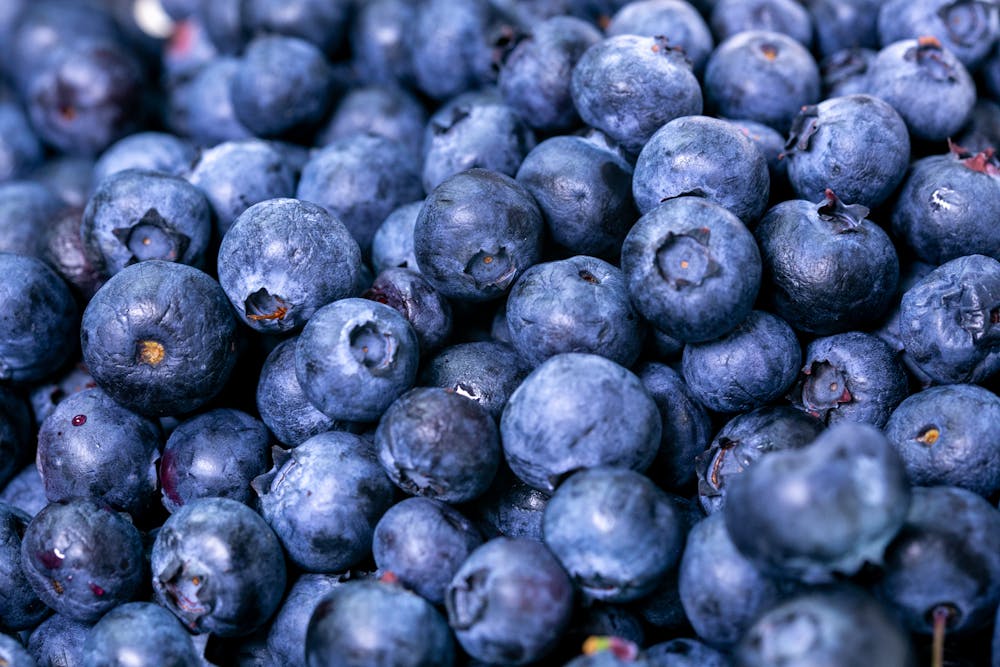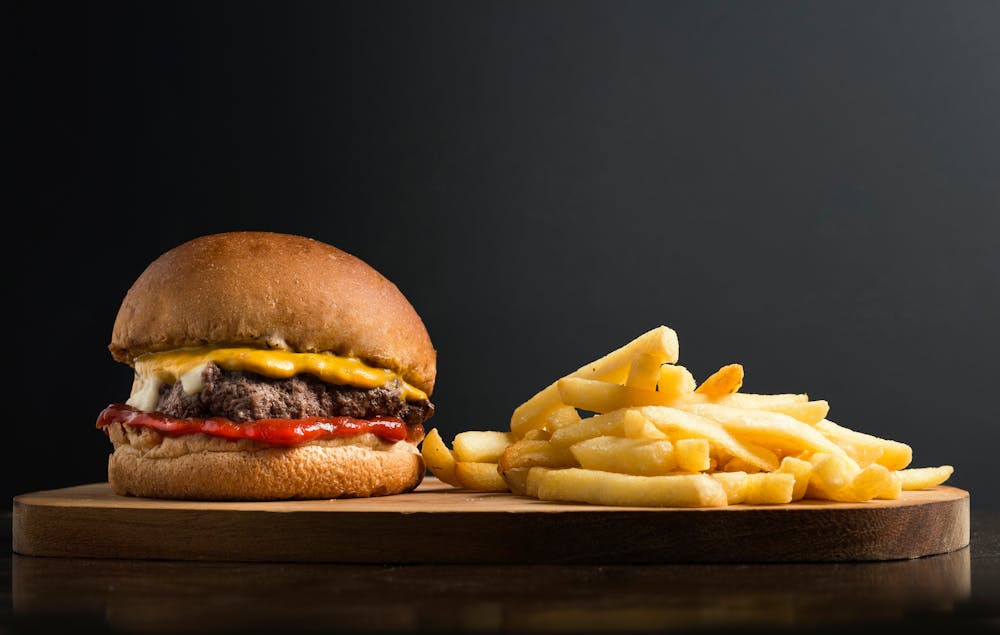As I explore the world of nutritious and wholesome foods, one ingredient that continues to impress me with its versatility and nutritional benefits is quinoa. Often referred to as a superfood, quinoa is a complete plant-based protein that offers a wide range of health benefits. Join me as we delve into the versatility of quinoa and discover why it has become a staple in many healthy diets:
 **1. Complete Plant-Based Protein:**
**1. Complete Plant-Based Protein:**
Quinoa stands out as a complete protein source, containing all nine essential amino acids that the body cannot produce on its own. This makes it an excellent option for vegetarians, vegans, and anyone looking to incorporate more plant-based proteins into their diet. Protein is essential for muscle repair and growth, as well as overall health and vitality.
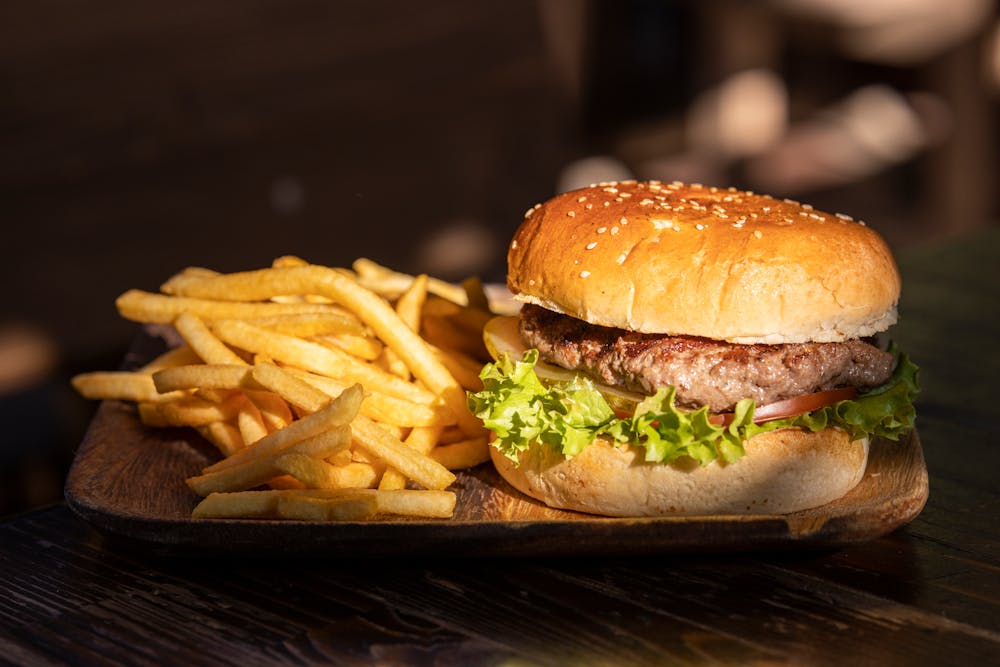 **2. Rich in Nutrients:**
**2. Rich in Nutrients:**
In addition to being a valuable source of protein, quinoa is also packed with essential nutrients. It is high in fiber, which supports digestive health, promotes satiety, and helps regulate blood sugar levels. Quinoa is also a good source of vitamins and minerals, including manganese, magnesium, phosphorus, and folate, which are important for bone health, energy production, and overall well-being.
 **3. Gluten-Free and Easy to Digest:**
**3. Gluten-Free and Easy to Digest:**
Quinoa is naturally gluten-free, making it an ideal choice for individuals with gluten intolerance or celiac disease. Its easy digestibility and gentle nature on the digestive system make it suitable for those with sensitive stomachs or digestive issues. Quinoa is also low in FODMAPs, making it a suitable option for individuals following a low-FODMAP diet.
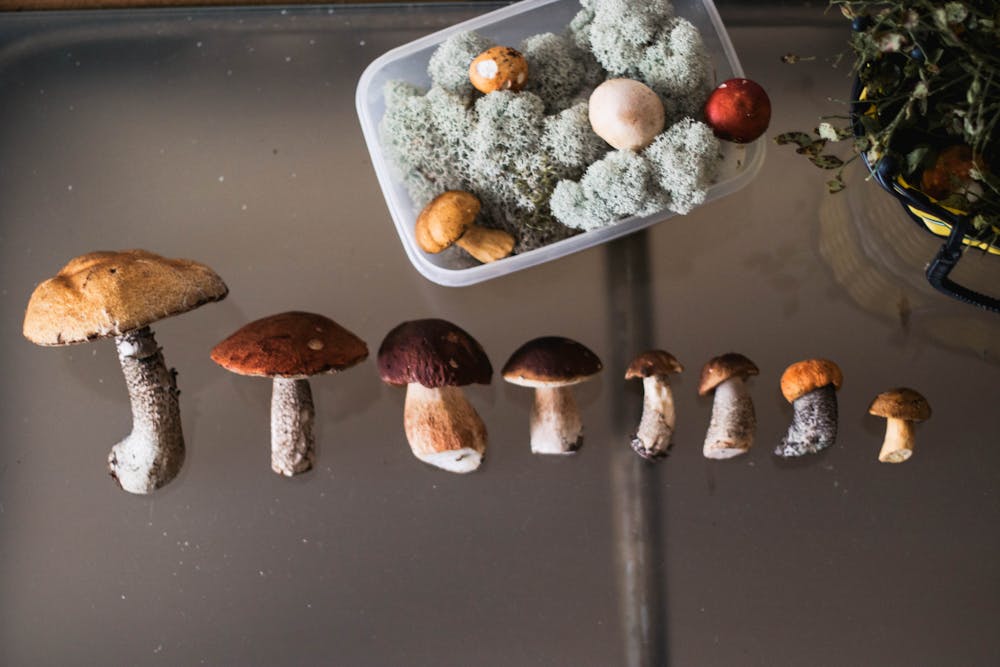 **4. Versatile and Easy to Prepare:**
**4. Versatile and Easy to Prepare:**
One of the most appealing aspects of quinoa is its versatility in the kitchen. It can be cooked and enjoyed in a variety of ways, from savory dishes to sweet treats. Quinoa can be used as a base for salads, stir-fries, and grain bowls, or incorporated into soups, stews, and chili. It can also be used to make nutritious breakfast porridge, protein-packed veggie burgers, and even gluten-free baked goods.
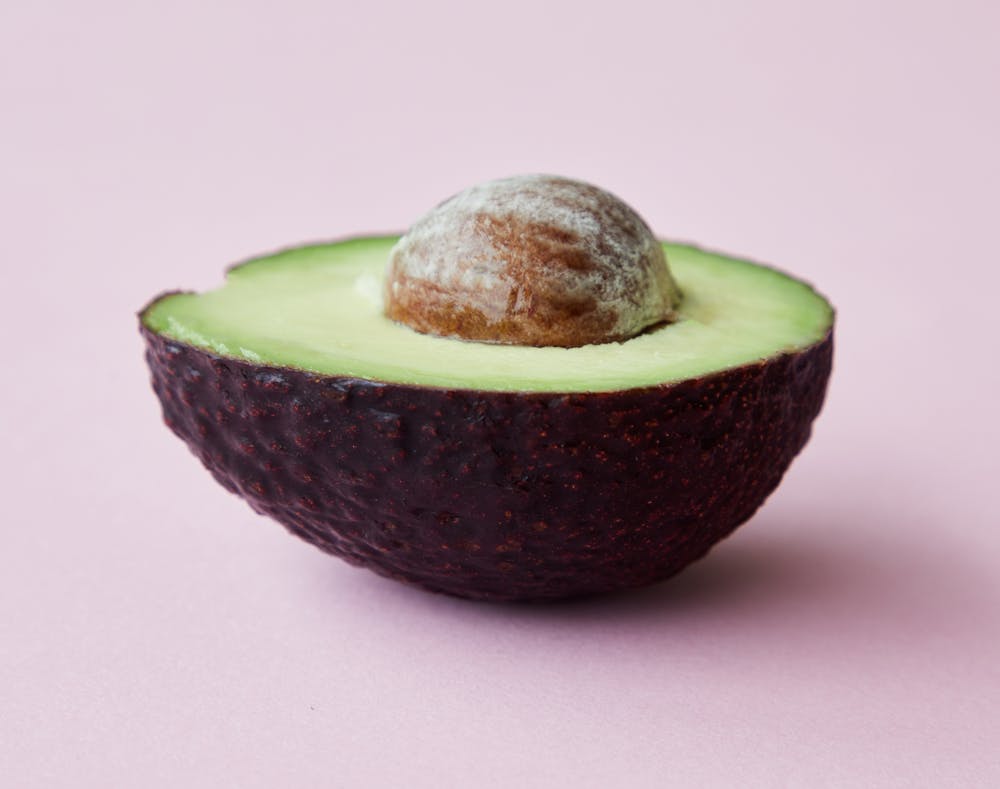 **5. Sustainable and Environmentally Friendly:**
**5. Sustainable and Environmentally Friendly:**
Quinoa is considered a sustainable crop due to its ability to thrive in diverse climates and soil conditions. It requires less water and resources to grow compared to many other grains, making it an environmentally friendly choice. Additionally, quinoa cultivation provides economic opportunities for farmers in regions where it is grown, contributing to local economies and livelihoods.
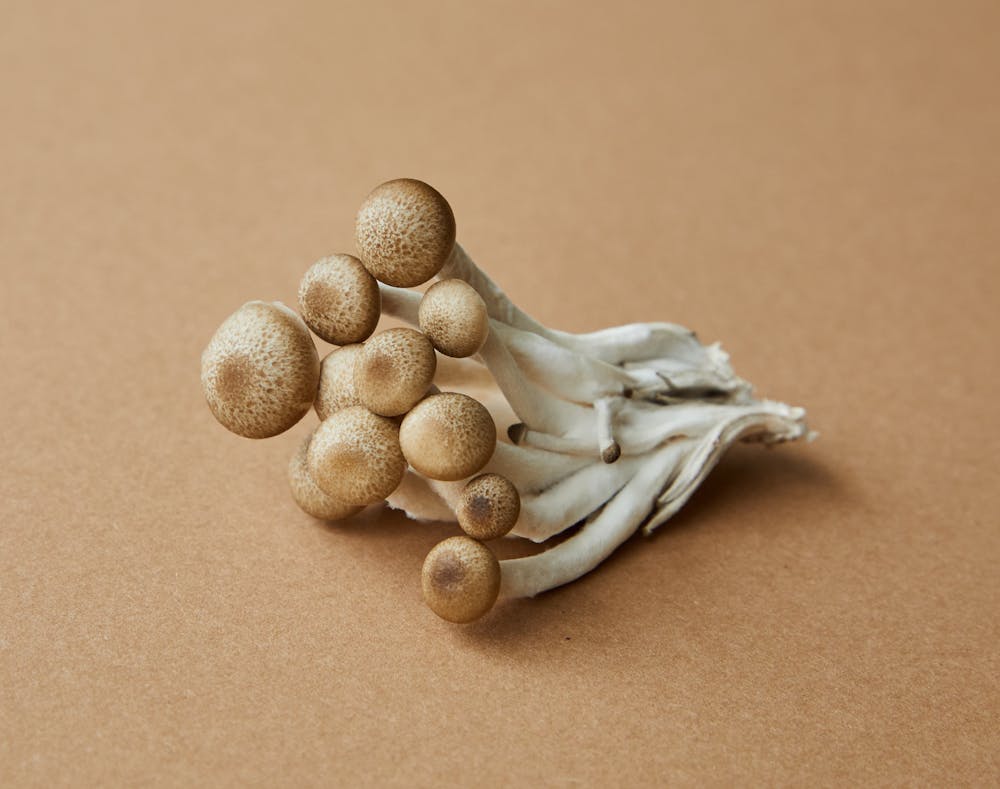 **Incorporating Quinoa Into Your Diet:**
**Incorporating Quinoa Into Your Diet:**
Adding quinoa to your meals is simple and convenient. Here are a few easy ways to incorporate this versatile grain into your diet:
 – Cook quinoa as you would rice or couscous and serve it as a nutritious side dish.
– Cook quinoa as you would rice or couscous and serve it as a nutritious side dish.
– Use quinoa as a base for salads, mixing it with fresh vegetables, herbs, and a flavorful dressing.
– Add cooked quinoa to soups, stews, and chili for added texture and protein.
– Make quinoa porridge by cooking quinoa with milk or a dairy-free alternative and sweetening it with honey or maple syrup.
– Use quinoa flour in baking recipes to create gluten-free bread, muffins, and pancakes.
 As I continue to explore the versatility of quinoa, I am continually amazed by its nutritional profile and culinary potential. By incorporating quinoa into our diets, we can nourish our bodies with a complete source of plant-based protein while enjoying its delicious flavor and texture in a variety of dishes.
As I continue to explore the versatility of quinoa, I am continually amazed by its nutritional profile and culinary potential. By incorporating quinoa into our diets, we can nourish our bodies with a complete source of plant-based protein while enjoying its delicious flavor and texture in a variety of dishes.



